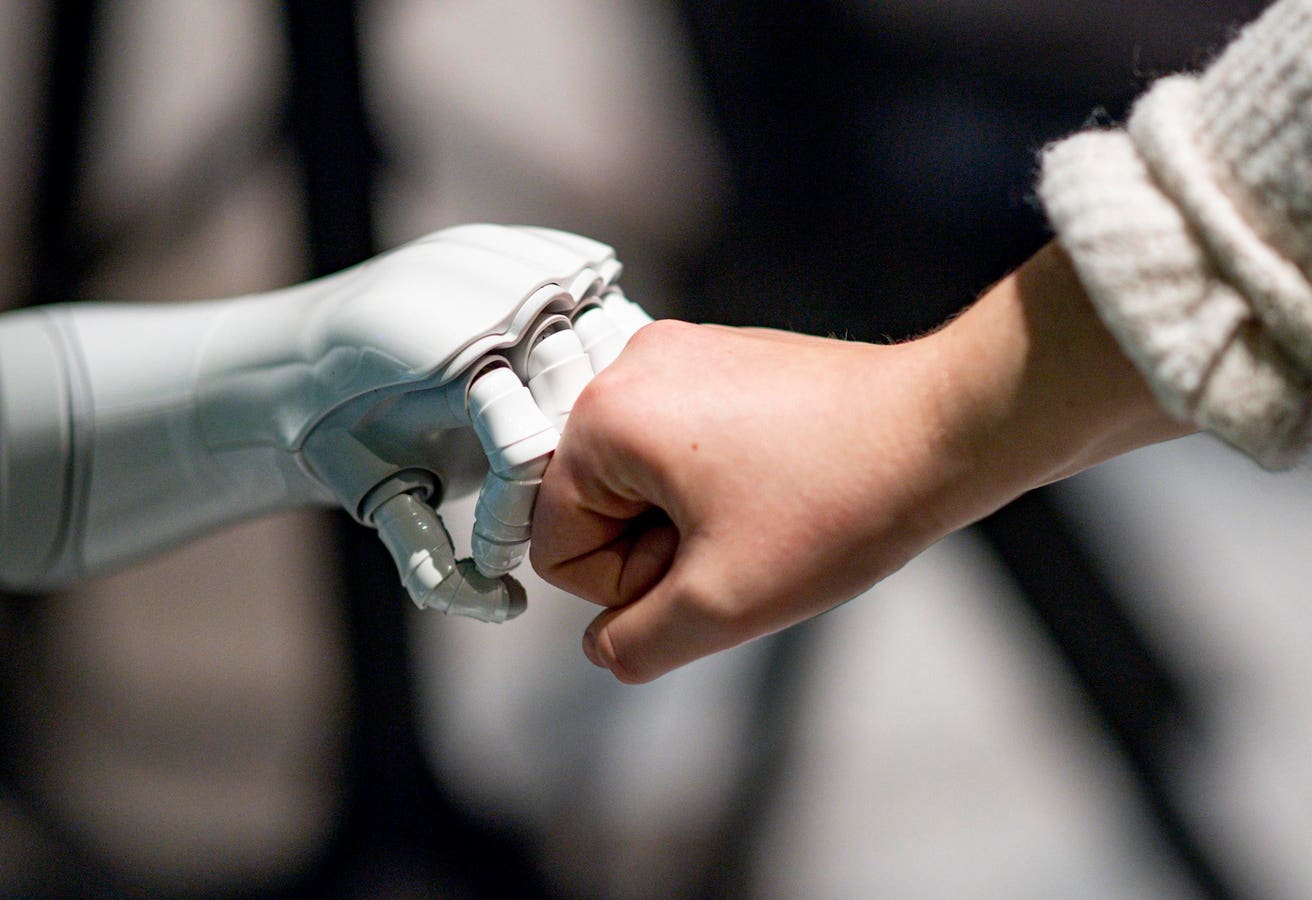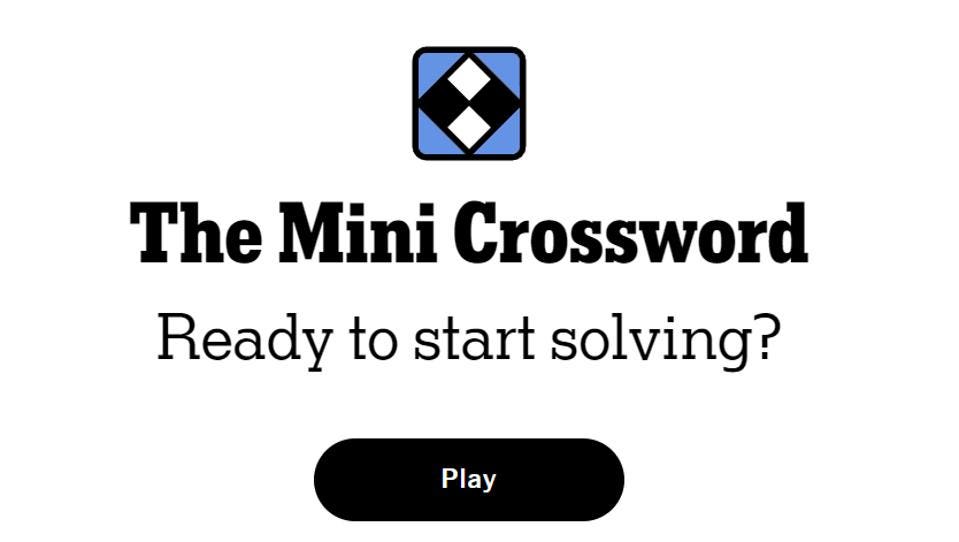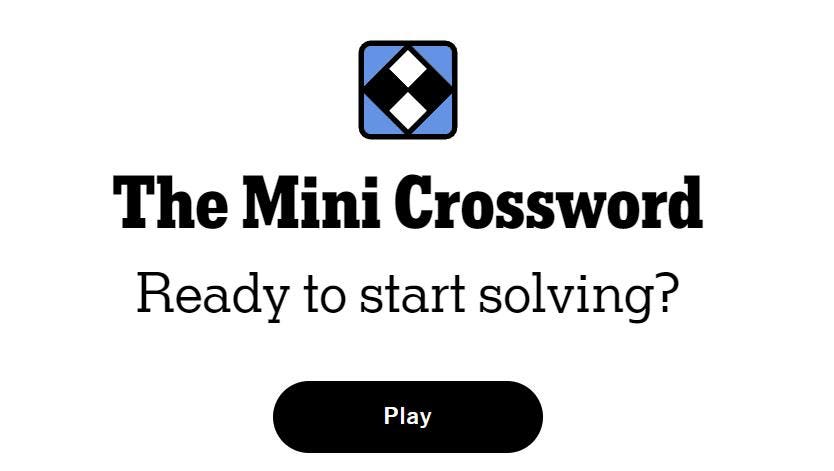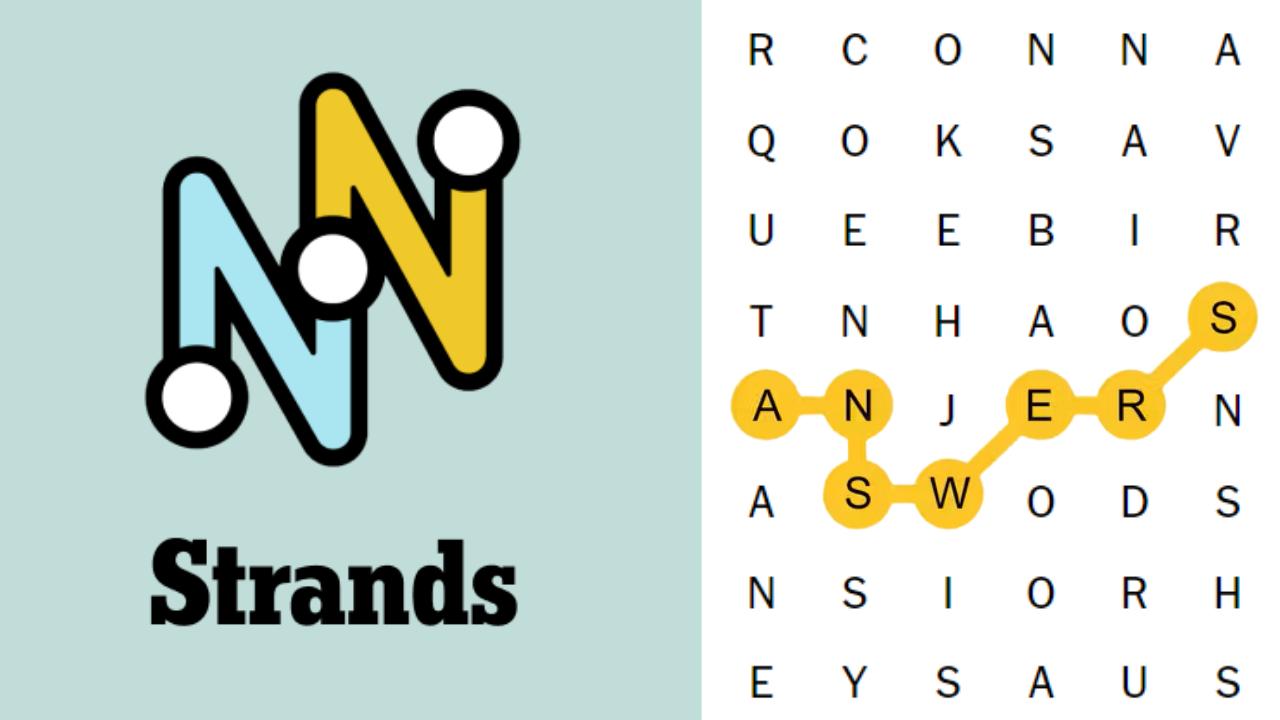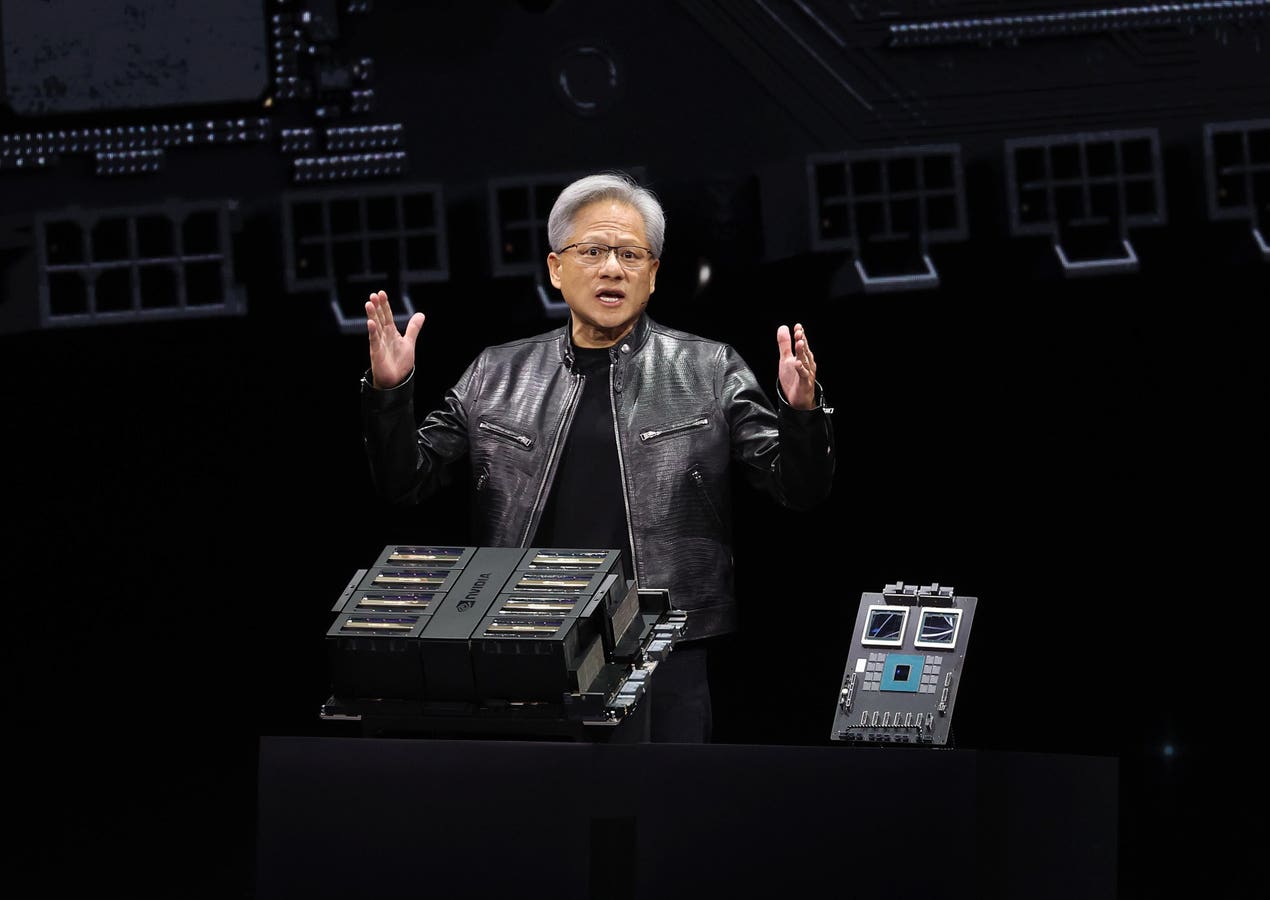21 November 2019, Hamburg: A robot interacts with a woman at “Speed Dating with AI – Meet the Robots … More
In a dating moment marked by screens and swipes, a new player is entering the chat: Artificial intelligence is turning into a go-to for millions of people, offering real-time advice on what to say, how to say it and when and how to walk away.
Apps like Rizz and Keepler are leading the charge, marketing themselves as accessible tools for users who find modern dating draining or opaque. Rizz, which pulls its name from slang for charisma, uses generative AI to help users craft replies to dating app messages based on uploaded screenshots. According to founder Roman Khaves, the app has more than 10 million users — 65% of them men, mostly between the ages of 18 and 25.
Keepler, co-founded by Rachel Abramowitz, focuses on feedback and communication coaching. Its AI guide, Keri, helps users navigate tricky moments, such as how to exit a conversation without ghosting or how to ask for feedback from someone who already has. In an interview, Abramowitz said the app isn’t aimed at providing therapy as much as support.
“It really does feel like you have someone who is objective, who is on your side, who has no ulterior motives and really wants you to help reach your goals,” she told CBS News.
These services form part of a larger trend: more people, especially younger ones, are turning to AI for help with profile writing, message drafting, tone-checking, and several other in-app interactions.
According to a June 2025 study by Match.com and the Kinsey Institute at Indiana University, one in four singles — and nearly half of Gen Z respondents — reported using AI to enhance their dating profiles or conversations. That’s a more than fourfold increase from the previous year.
However, even as usage is gaining traction, many are still uncomfortable.
A Bloomberg Intelligence survey conducted in May 2025 found that many Gen Z users — those born roughly between 1997 and 2012 — were uncomfortable with AI-generated dating content. About 60% of Gen Z respondents expressed unease about using AI to write messages, suggest matches, or retouch profile images. In contrast, millennials, the cohort most active on dating apps, were more open to AI features and more likely to use multiple dating strategies, from apps to in-person events.
That dissonance has left app developers treading a specific path: building tools that help users stand out, without undermining users’ sense of authenticity.
Meanwhile, even AI tools embedded directly into dating platforms haven’t always landed.
In January, Hinge launched “Prompt Feedback,” an AI feature that reviews a user’s profile entries and offers suggestions in real time, and Tinder and Bumble also use AI to rank profile pictures and optimize bios. However, the data on Gen Z’s lukewarm reception shows that these features may actually feel more intrusive than helpful.
Part of the hesitation may also come from how Gen Z engages with tech: More online-native generations are also more attuned to the downsides of digital life — curated personas, algorithmic fatigue, and the feeling that authenticity and true connection could get lost in translation.
According to Match.com’s 2025 Singles in America report, 30% of Gen Z respondents said they were “intentionally celibate”, a departure from previous eras of app-based dating.
Still, as AI tools form nearly every part of digital life, it was perhaps only a matter of time before dating joined the list.
Kasley Killam, a social health researcher who focuses on connection and well-being, said that people have been turning to AI for “literally any use case” one can imagine. “The risk is when we use AI as a substitute for human connection, rather than a supplement to it,” she said.
There are also more insidious risks: The FBI estimates that Americans lost over $652 million to romance scams in 2023, many of which involved synthetic identities and AI-generated personas. As the chasm between real and digital life narrows, app users may struggle to figure out who — or what — they’re talking to.
That hasn’t stopped some users from pushing AI further, though. About 20% of Gen Z respondents in the Match/Kinsey survey said they’d tried AI romantic partners — either through chatbots or more immersive tools — as a form of experimentation.
That number may grow as tools become more personalized and emotionally responsive, especially if stronger privacy protections and transparency become the norm.
In the meantime, while dating platforms fine-tune their algorithms, users may continue to do the same — with prompts.
We typed a prompt into ChatGPT: “Imagine I’m a 27-year-old woman who’s tired of ghosting and wants to find something serious. Can you write me a profile?”
In less than three seconds, it offered: “I’m someone who’s more into secondhand bookstores than second dates. If you can match my sarcasm and my Spotify playlists, we’ll get along. Swipe right if you’re emotionally available — and know what that actually means.”
Whether that’s clever or cringe-worthy depends on who’s reading, but for millions of people, it might be just enough to start the conversation.

